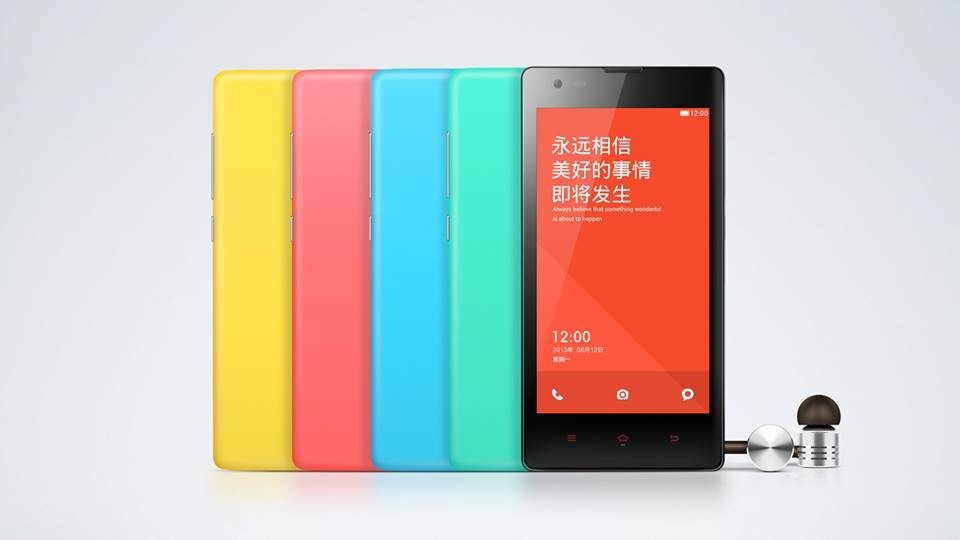
International media should stop referring to Xiaomi as “China’s Apple” as the two companies are entirely different, the founder and CEO of the red-hot Chinese smartphone manufacturer says.
Lei Jun says that despite frequently being labeled as China’s Apple, Xiaomi is less of a hardware company and more of an Internet company — as it earns its money mainly from the Internet platform that forms the ecosystem surrounding its mobile phones.
Lei tells Reuters in an interview:
If people really want to compare Xiaomi to a foreign company, you can say it looks a bit like Apple. But it’s really more like Amazon with some elements of Google. So take these three companies together and it’s easier to clearly understand what kind of company Xiaomi is. Xiaomi selling mobile phones is like Amazon selling Kindles. So you can understand why we sell them for so cheap.
Basically, Lei is highlighting that unlike a traditional hardware company, Xiaomi’s revenue stream comes via the Internet platform that forms the entire ecosystem for its mobile phones.
Previously, Lei already stated that Xiaomi’s core business strategy does not lie in the sale of its smartphones (unlike Apple), since it subsidizes each phone sold. Instead, it has three core business competencies: e-commerce — the sale of accessories on its website — deals with telecom operators, and the sale of “Internet services”, such as games.
Lei notes that today, Xiaomi is already China’s third-largest e-commerce company. It has just exceeded $3.2 million in revenue per month, and Lei says that by the end of next year, revenue should reach $21 million-$24 million per month.
Xiaomi also has its own highly customizable Android-based MIUI firmware — which its devices are built on, and in turn plenty of apps that have been created for the operating system by developers. Lei says:
I really don’t like answering the question of whether Xiaomi is China’s Apple. I think the core problem is people don’t understand Xiaomi. The main difference is that it is the Internet that has made Xiaomi. Apple’s design is very simple and no matter who the customer is, there is one set solution. There are a few opportunities to meet individual preferences, but Xiaomi’s system can be changed by anyone. Thousands of designers create all sorts of functions, looks, solutions.
As both a software and hardware company, it is no doubt difficult to understand where Xiaomi fits, and Lei expresses how hard it is to make people understand:
People just don’t get it. The mobile phone itself is only the carrier. Microsoft used to sell Windows in a box with a CD in it. Does that make Microsoft a paperbox company? The box and the CD are only the carrier. If people don’t understand this, they can’t understand what kind of company Xiaomi is.
Indeed, Xiaomi’s mobile phones have hogged the limelight and made plenty of people around the world think that it is raking in money via unit sales of its phones. Xiaomi launched the $130 Hongmi phone late last month — the lowest-priced in its range — which received overwhelming response. The first batch of 100,000 phones were snapped up in 90 seconds flat, while it reached a staggering 7.45 million reservations.
About a year ago, Xiaomi confirmed that it closed its third round of funding, worth $216 million, said to have valued the company at $4 billion.
Headline image via Xiaomi
Get the TNW newsletter
Get the most important tech news in your inbox each week.





